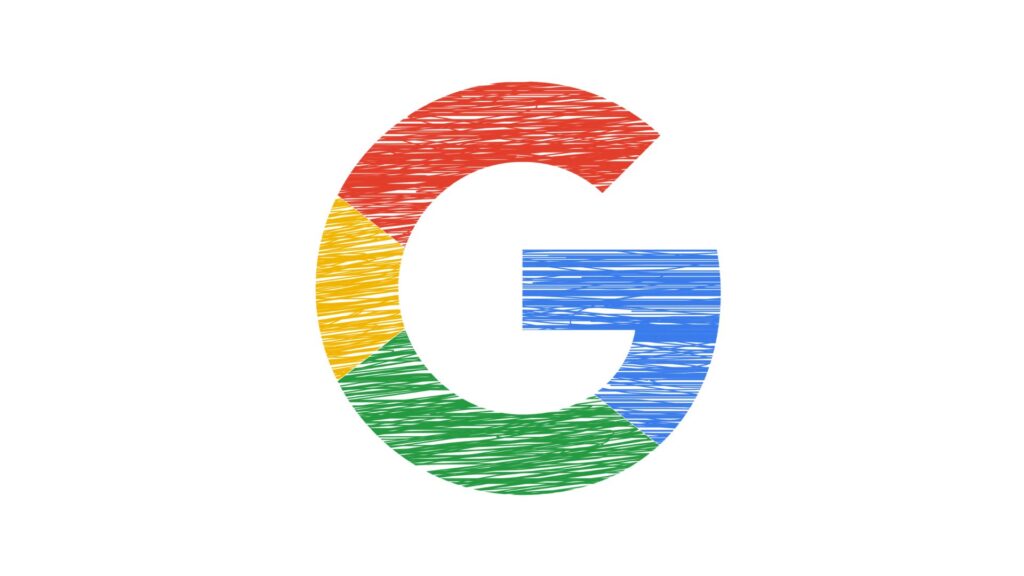Google avoids forced breakup in search monopoly trial
The ruling bars Google from exclusive distribution deals for products like Search, Chrome and Gemini.

A United States federal judge has ruled against a forced breakup of Google’s search business, instead opting for a series of behavioural changes to curb anticompetitive behaviour.
The ruling, from US District Court Judge Amit P. Mehta, bars Google from entering or maintaining exclusive deals that tie the distribution of its search products, such as Search, Chrome, and Gemini, to other apps or revenue agreements.
The tech giant will also have to share specific search data with rivals and offer search and search ad syndication services to competitors at standard rates.
The ruling comes a year after Judge Mehta found that Google had illegally maintained its monopoly in online search. The Department of Justice brought the case and pushed for stronger measures, including forcing Google to sell off its Chrome browser and Android operating system.
It also sought to end Google’s lucrative agreements with companies like Apple and Samsung, in which it pays billions to be the default search engine on their devices. The judge acknowledged during the trial that these default placements were ‘extremely valuable real estate’ that effectively locked out rivals.
A final judgement has not yet been issued, as Judge Mehta has given Google and the Department of Justice until 10 September to submit a revised plan. A technical committee will be established to help enforce the judgement, which will go into effect 60 days after entry and last for six years.
Experts say the ruling may influence a separate antitrust trial against Google’s advertising technology business, and that the search case itself is likely to face a lengthy appeals process, stretching into 2028.
Would you like to learn more about AI, tech and digital diplomacy? If so, ask our Diplo chatbot!
